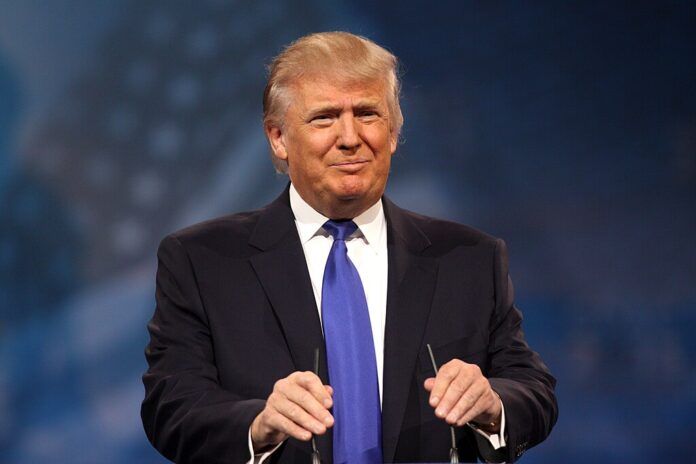Dozens of jurors were dismissed for bias in the high-profile trial concerning alleged hush-money payments linked to the 2016 election
In a significant development, the jury selection process in Donald Trump’s unprecedented criminal trial in New York has encountered major challenges, with a large number of potential jurors excused due to claims of bias. The trial, which centres on accusations that Trump falsified business records to conceal a hush-money payment to Stormy Daniels ahead of his 2016 presidential victory, is proving contentious from the outset.
Out of 96 potential jurors screened on the first day, 60 were immediately dismissed after expressing doubts about their ability to remain impartial. This initial selection indicates the complexities involved in assembling a neutral jury for a case intertwined with significant political and public interest, involving a former president who is actively campaigning for re-election.
The dismissed jurors’ concerns highlight the polarized views surrounding Trump, with one prospective juror candidly admitting, “I just couldn’t do it,” as she exited the courtroom. The trial, taking place in Manhattan, has drawn intense media coverage and public scrutiny, reflecting the deep divisions in American society that the case encapsulates.
At the heart of the trial are allegations by the Manhattan District Attorney’s Office that Trump directed his former attorney, Michael Cohen, to pay Daniels $130,000 in exchange for her silence about an alleged sexual encounter. Trump has vehemently denied the allegations, pleading not guilty and labelling the trial as “nonsense” and an “assault on America.”
Jury selection, which began in earnest Monday afternoon, involves a detailed questionnaire covering 42 questions to further gauge potential jurors’ suitability. These questions probe into the jurors’ media consumption, political participation, and explicit views on Trump, aiming to ensure a fair trial process.
The day was not without its disruptions; the defense and prosecution sparred over potential evidence and the treatment of Trump’s public comments about the case. Notably, prosecutors have challenged some of Trump’s posts on his social media platform, Truth Social, as potential violations of a court-imposed gag order.
Outside the courthouse, the atmosphere was charged. Supporters of Trump, including a man playing The Star-Spangled Banner on a flute and a Trump impersonator, rallied peacefully, while detractors displayed banners demanding swift justice. This public display underscores the trial’s significance and its resonance with the broader American public.
As the trial progresses, with jury selection expected to continue for up to two weeks, the stakes are high not only for Trump but also for the judicial system’s ability to manage such a high-profile case fairly and effectively. This trial is one of four criminal cases Trump faces, with this being potentially the only one to go to trial before the 2024 presidential election, where Trump aims to challenge incumbent Joe Biden.
